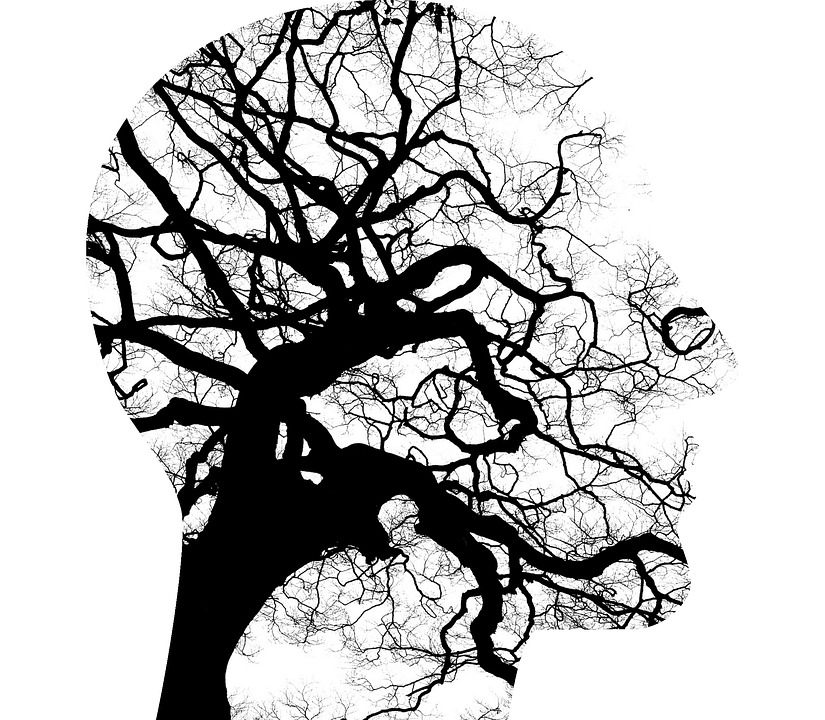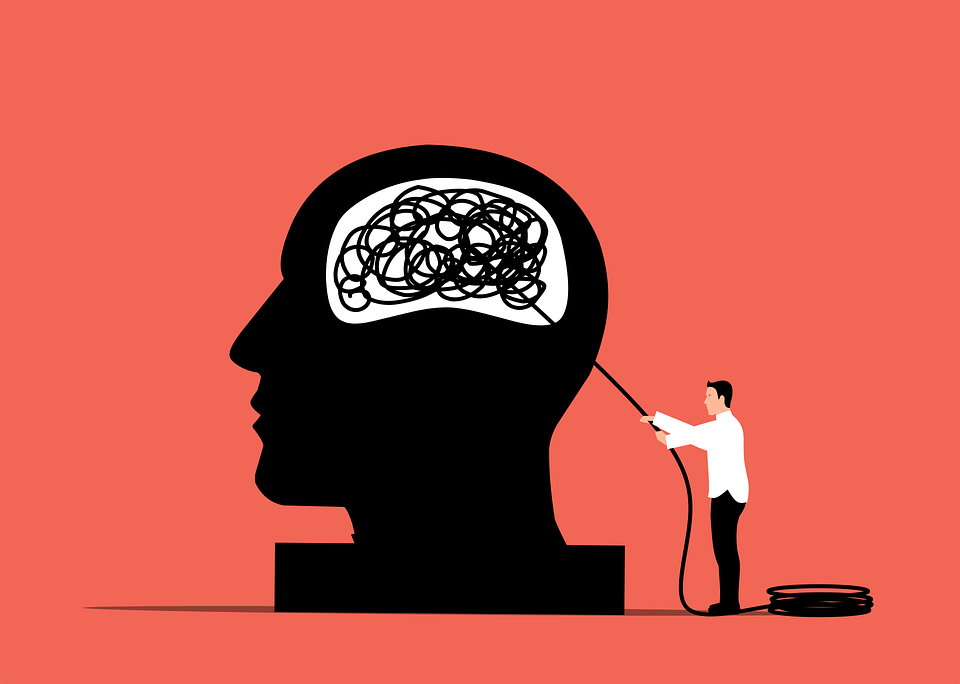Brain fog: Causes and Prevention:
Brain fog, a condition characterized by cognitive difficulties that can affect memory concentration and overall mental clarity. People experiencing this condition often describe it as a feeling of mental fatigue, confusion or a general laziness in the thinking processes. While it is not a medical diagnosis in itself, it is a common symptom associated with various underlying conditions and lifestyle factors. Firstly, it is important to understand what brain fog is and the common symptoms associated with it. Additionally, this condition can result in difficulties with memory concentration, decision-making and overall mental sharpness.
Causes of Brain fog:
(1) Sleep deprivation and aging; – Lack of quality sleep leads to cognitive impairment and difficulty in focusing and resulting in brain fog. As the brain ages, it experiences neutral declines in processing speed and memory.
(2) Chronic fatigue; – Chronic fatigue has been directly linked to brain dysfunction and confusion.
(3) Stress and anxiety; – High level of stress or prolonged anxiety can impair cognitive function and contribute to mental dysfunction.
(4) Nutritional deficiencies; – Inadequate intake of essential nutrients such as vitamin B12 and D3 can affect brain functions and lead to cognitive issues.
(5) Hormonal changes; – Fluctuations in hormone levels such as during menopause or thyroid disorders can contribute to mental dysfunction. Food is always essential for brain health. To know how to use food as medicine, read this article, https://sparklinglifestyle.in/food-as-medicine/
(6) Some medications; – Certain medications including antihistamine sedatives, and some anti-depressants may have side effects that include cognitive difficulties.
(7) Dehydration; – Unhealthy eating habits and inadequate hydration can impact cognitive function and contribute confusion.
(8) Mental health conditions; – Depression, anxiety and other mental health disorders can affect cognitive abilities and lead to brain fog.
(9) Environmental factors; – Exposure to toxins, pollutants and mold can potentially affect brain function and contribute to brain fog.

Symptoms of Brain fog; –
– Difficulty in concentration or focusing
– Memory problems or forgetfulness
– Mental fatigue or exhaustion
– Slower thinking or processing information
– Confusion or disorientation
– Trouble finding words or expressing thoughts
– Decreased productivity or impaired decision-making
– Lack of motivation or mental clarity
Treatment and management of brain fog; –
(1) Improve sleep quality; – Establish a regular sleep schedule, create a conductive sleep environment and get sufficient rest. Avoid blue light exposure from screens an hour before bed. Create a dark, cool and quiet sleep environment.
(2) Manage stress; – Practice stress reducing techniques such as meditation, deep breathing exercises or engaging in activities you enjoy. These practices improve focus and reduce stress, which can reduce brain fog.
(3) Balanced diet; – Eat a nutrition rich diet with plenty of fruits, vegetables, whole grains, proteins and healthy fats. Include foods rich in Omega 3 fatty acids and antioxidants like fatty fish, flax seeds, berries and leafy greens. Ensure adequate intake of vitamin B12, D3, magnesium and zinc. Reduce processed foods, sugars and trans fats.
(4) Regular exercise; – Engage in physical activity regularly as it can enhance blood flow to the brain and promote mental wellbeing. Activities like aerobic exercise yoga and strength training have been shown to boost cognitive function.
(5) Stay hydrated; – Drink an adequate amount of water throughout the day to support overall bodily functions including brain health. Drink sufficient water daily aiming for two to three liters, depending on activity level and climate.
(6) Minimizing exposure to toxins; – Limit exposure to environmental pollutants and potentially harmful substances. Support detoxification pathways with nutrients like glutathione and NAC (N-acetylcysteine).
(7) Challenges; – Engage in activities that challenge the brain such as puzzles, reading, learning new skills or playing chess or crosswords. Reducing screen time and incorporating regular breaks can prevent over stimulation and mental fatigue.
(8) Herbal and Ayurvedic remedies: Traditional medicine offers remedies to support brain health. Ashwagandha reduces stress and improves cognitive function. Bacopa Monnieri enhances memory and mental clarity. Ginkgo Biloba improves blood circulation to the brain and Gotu Kola supports mental clarity and focus.
Conclusion:
Finally, it is important to note that the brain fog can have multiple causes, and the appropriate treatment or management approach will depend on identifying and addressing the underlying factors contributing to the symptoms. additionally, Consulting psychiatrist can provide guidance and support in managing brain fog effectively.



Leave a Comment